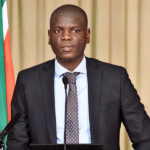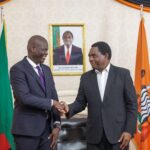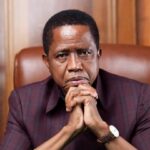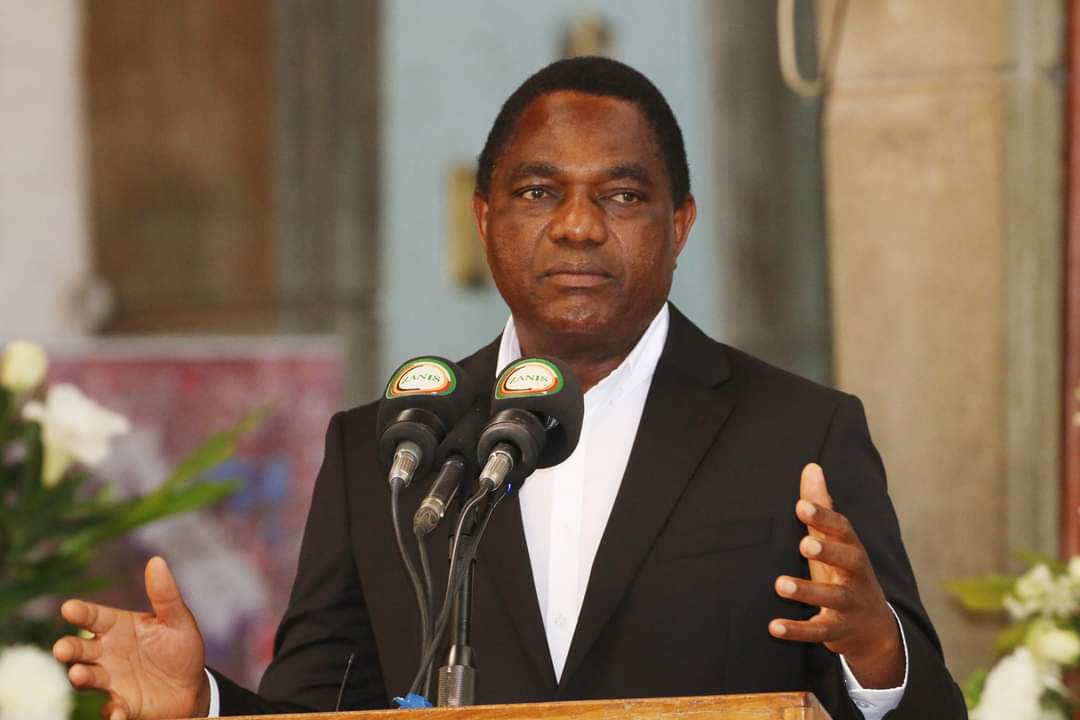Hakainde Hichilema is a prominent Zambian businessman and politician, currently serving as the President of Zambia. His journey from humble beginnings to the highest office in the country is marked by resilience and ambition. Here are 20 key things to know about him:
- Early Life: Hichilema was born on June 4, 1962, in Monze, Zambia. He grew up in a modest household, which shaped his understanding of the challenges faced by ordinary Zambians.
- Education: He attended the University of Zambia, where he earned a Bachelor’s degree in Economics and Business Administration. Hichilema later obtained a Master’s degree in Business Administration from the University of Birmingham in the UK.
- Business Career: Before entering politics, Hichilema had a successful career in business. He worked for various companies and served as a consultant, gaining extensive experience in economics and finance.
- Political Beginnings: Hichilema entered politics in 2006 when he ran for President of Zambia for the first time as the leader of the United Party for National Development (UPND).
- Political Challenges: His political journey has been marked by challenges, including multiple election losses, notably in 2006, 2008, 2011, and 2015. Despite these setbacks, he remained committed to his political vision.
- Imprisonment: Hichilema was arrested in 2017 during a political crisis, accused of treason after a confrontation between his supporters and the police. He spent four months in prison before being released.
- 2019 Political Reforms: He advocated for constitutional reforms in 2019, focusing on improving electoral processes and ensuring fair elections.
- Presidential Election Victory: In August 2021, Hichilema won the presidential election with a significant majority, receiving over 59% of the vote against the incumbent, Edgar Lungu.
- Economic Focus: As president, Hichilema has prioritized economic recovery, addressing issues like debt management, job creation, and investment in infrastructure.
- Anti-Corruption Stance: Hichilema has taken a strong anti-corruption stance, vowing to tackle corruption within the government and public sector.
- Youth Engagement: He emphasizes the importance of engaging Zambian youth in political and economic processes, recognizing their role in the country’s future.
- Women Empowerment: Hichilema supports policies aimed at promoting gender equality and empowering women in various sectors of society.
- Foreign Relations: He aims to strengthen Zambia’s foreign relations, particularly with neighboring countries and international partners, focusing on trade and investment.
- Healthcare Initiatives: His administration has committed to improving healthcare services and addressing public health challenges, including the COVID-19 pandemic.
- Environmental Policies: Hichilema has expressed commitment to sustainable environmental practices and addressing climate change, recognizing Zambia’s rich natural resources.
- Land Reform: He advocates for fair land policies that promote equitable access to land ownership and support agricultural development.
- Education Reform: Hichilema aims to improve the education system in Zambia, focusing on quality and access, particularly for marginalized communities.
- Zambia’s Vision 2030: His administration aligns with Zambia’s Vision 2030, which aims for the country to become a prosperous middle-income nation.
- Personal Life: Hichilema is married to Mutinta Hichilema, and they have three children. His family is known for their philanthropic efforts in education and healthcare.
- Legacy and Future: Hakainde Hichilema’s presidency is seen as a pivotal moment in Zambia’s history, with hopes that his leadership will bring about significant socio-economic transformation and greater democratic governance.
Hakainde Hichilema’s journey from businessman to President of Zambia reflects his dedication to serving the people of Zambia. His policies and vision for the country highlight the importance of inclusive growth, transparency, and sustainable development as he seeks to create a better future for all Zambians.






